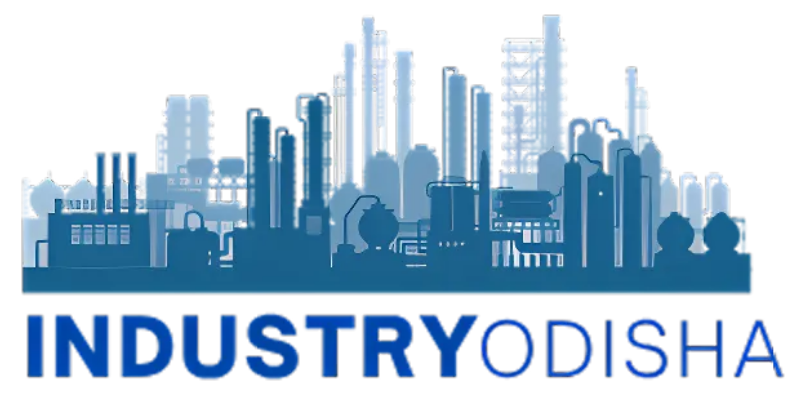New Delhi, 07/07/2025: The Adani Group, led by Gautam Adani, is entering the petrochemicals industry with a major project, a new PVC (Polyvinyl Chloride) manufacturing plant in Mundra, Gujarat. This marks the group’s first big step into a sector currently dominated by Reliance Industries. According to sources, the plant will have a capacity to produce 1 million tonnes of PVC per year and is expected to be completed by the financial year 2027-28.
PVC is a plastic widely used in everyday products such as water pipes, window frames, electrical cables, flooring, credit cards, packaging, and even toys. India’s demand for PVC stands at around 4 million tonnes per year, but local production is only about 1.59 million tonnes. Reliance currently supplies nearly half of this, with plants in Hazira, Dahej, and Vadodara. The growing demand for PVC, especially in agriculture, housing, water supply, and the medical sector, is expected to rise at 8–10% per year. The new Adani plant aims to help meet this rising need and reduce the country’s dependence on imports.
The project is part of a larger petrochemical hub being developed by Adani Enterprises Ltd at Mundra. The new facility will not only produce PVC but also include units to make calcium carbide, and acetylene. The company plans to use a carbide and acetylene-based method for PVC production. Sources say that environmental clearance and permission to begin construction have already been granted.
While this move puts Adani Group in direct competition with Reliance in the petrochemical space, it also marks a shift. For years, the two business giants largely stayed in separate areas. However, with Adani’s increasing focus on clean energy and now petrochemicals, their paths are beginning to overlap.
Though the project faced delays in early 2023 due to financial concerns and negative reports from U.S.-based Hindenburg Research, construction resumed later that year. Since then, the Adani Group has raised over $5 billion through equity and debt, and has cleared all share-backed loans. A group of lenders led by SBI is financing the new PVC plant.
Sources close to the project say that Adani is confident about securing the necessary raw materials thanks to its experience in domestic and international trade. The group also has strong advantages in logistics. With a large land bank in Mundra, access to a major port, and existing infrastructure in place, transporting raw materials and finished products will be cost-effective and efficient.
Looking ahead, the company may expand the plant’s capacity to 2 million tonnes per year if demand continues to grow. With a strong track record in running large infrastructure and industrial projects, Adani Group believes it has the resources, talent, and expertise to make this project a success and play a major role in India’s fast-growing petrochemicals industry.


